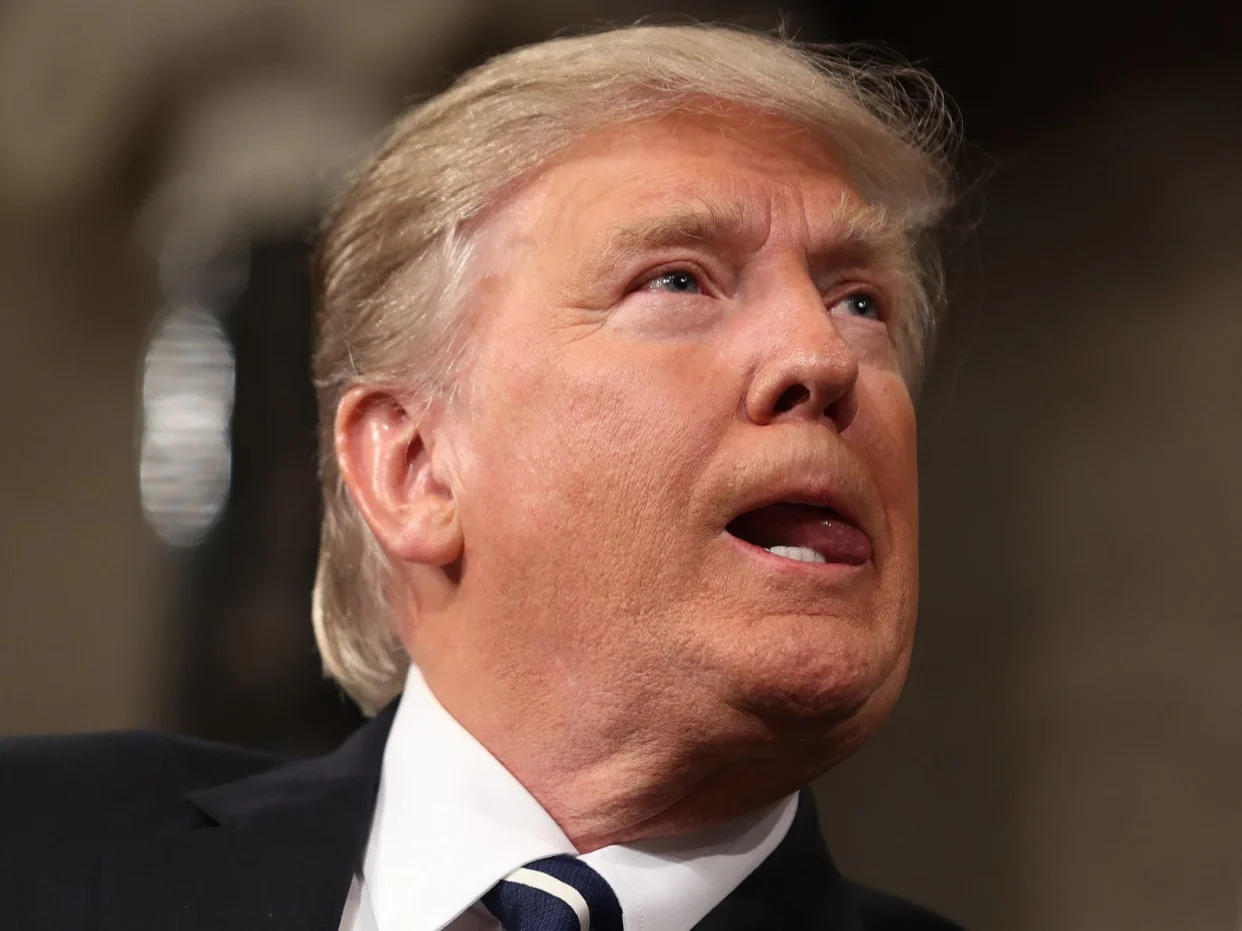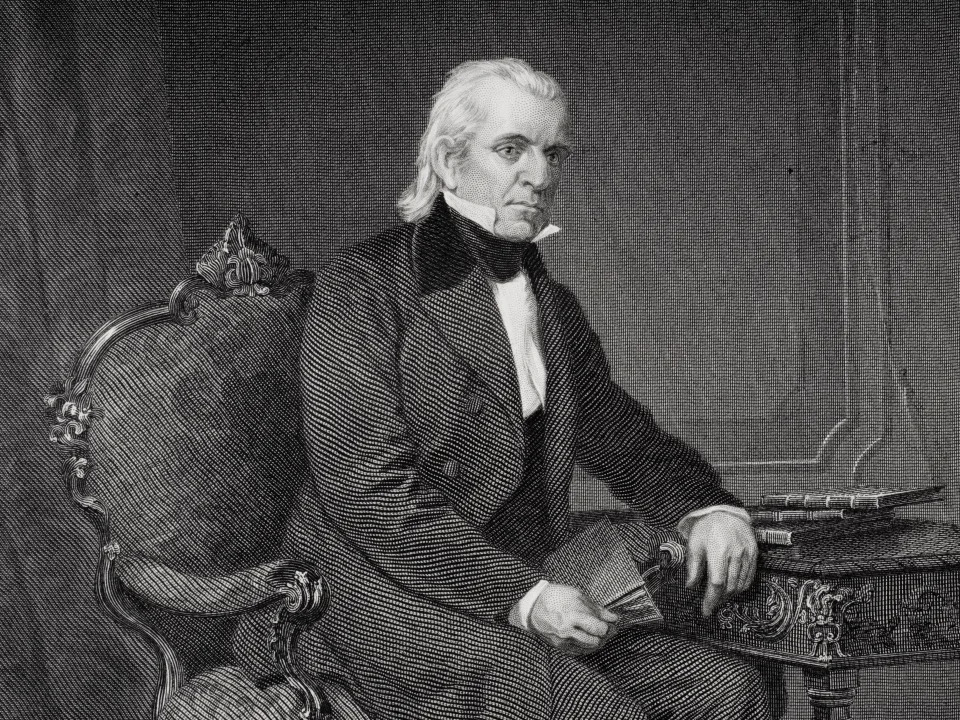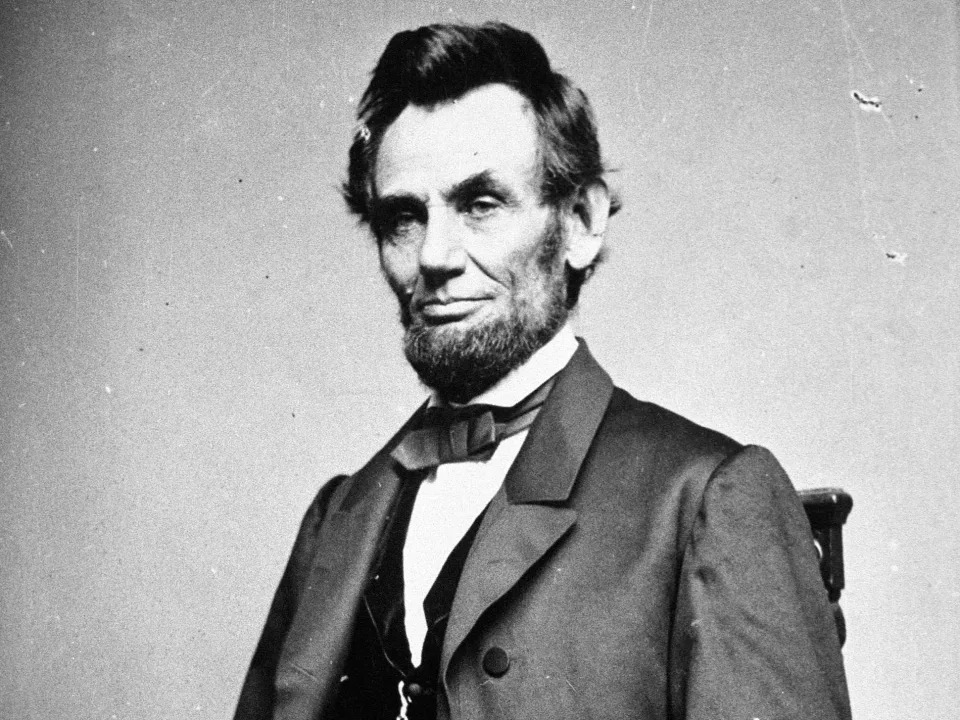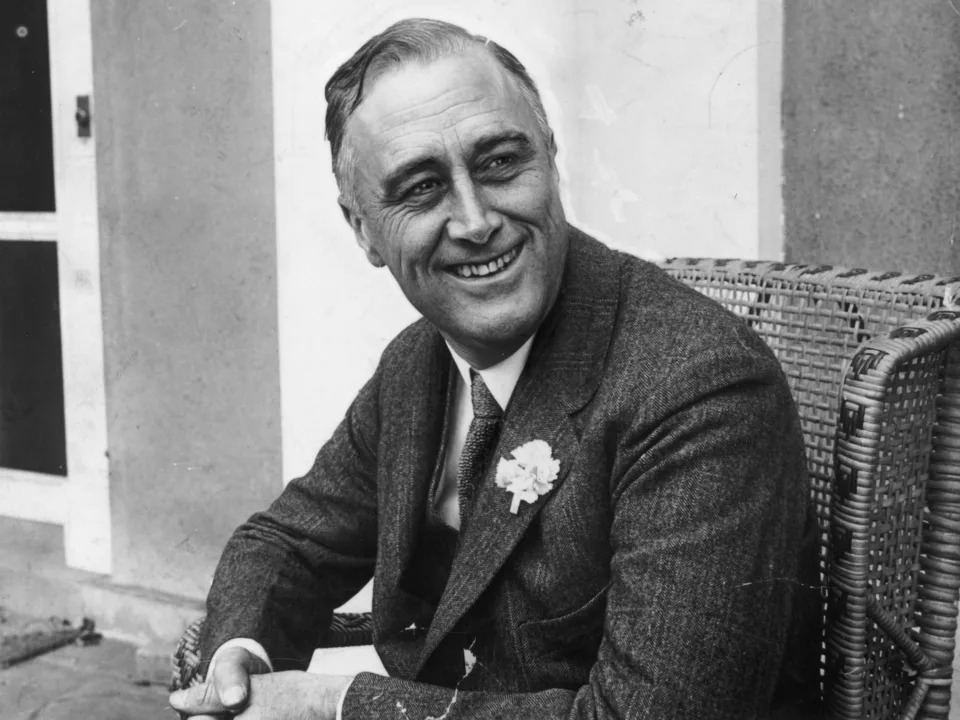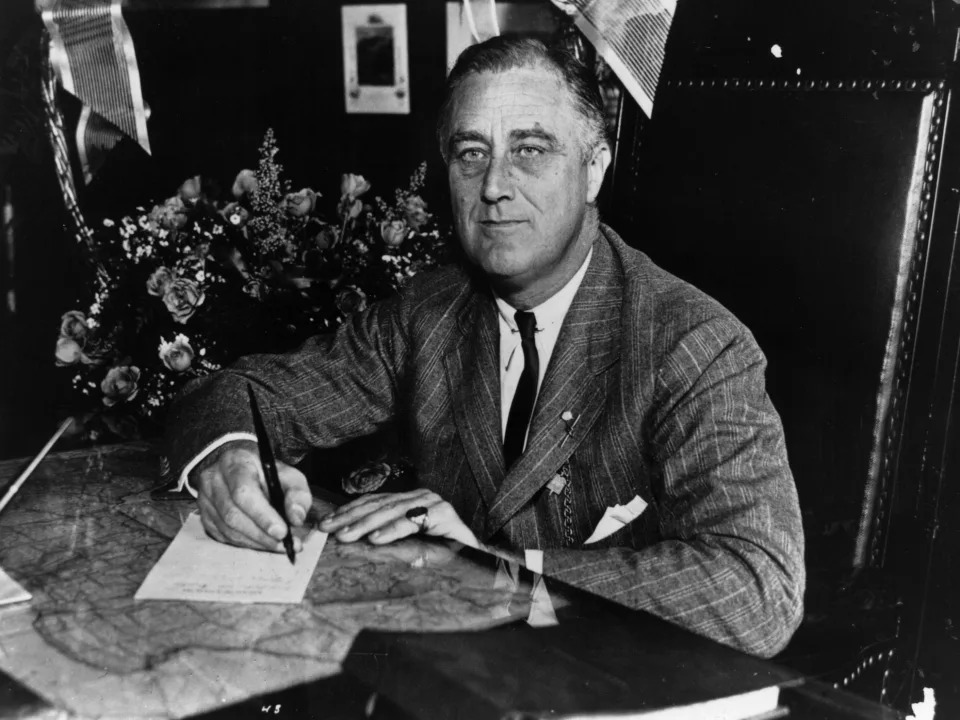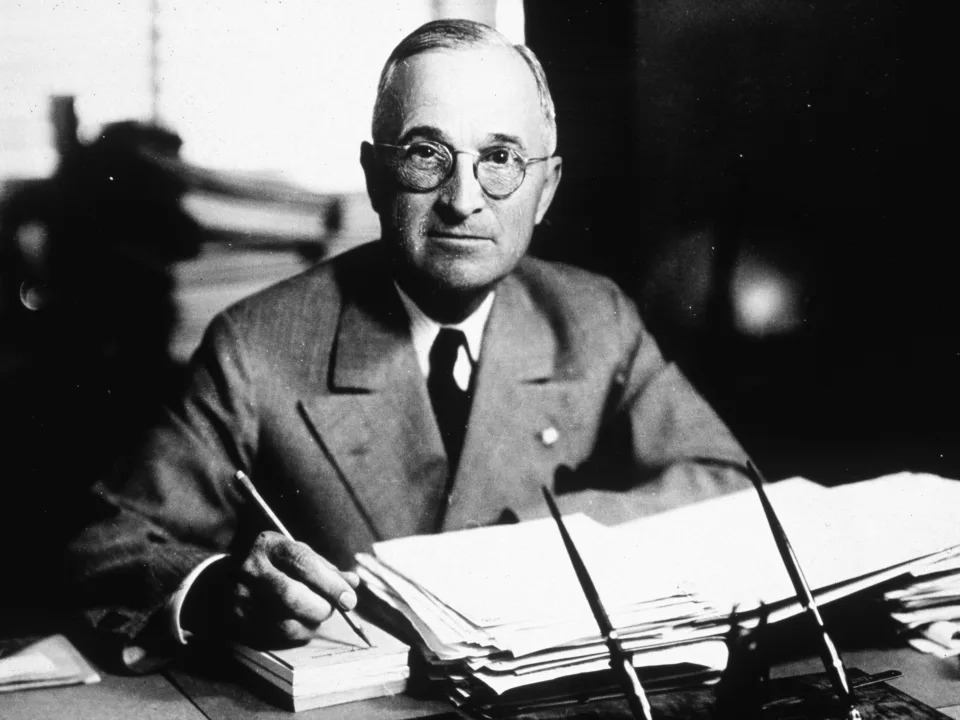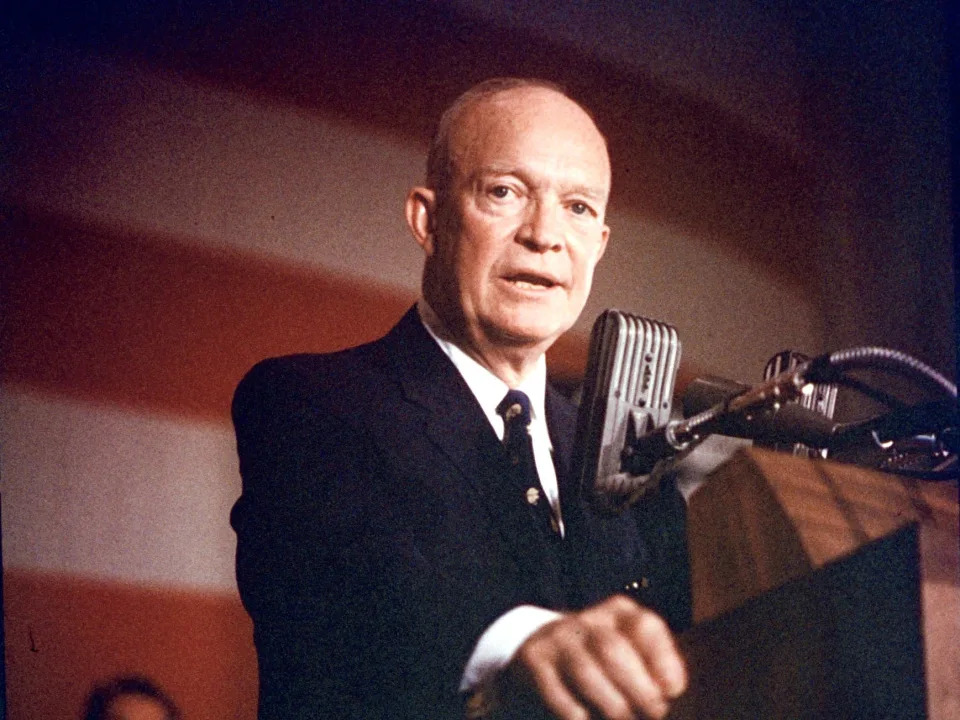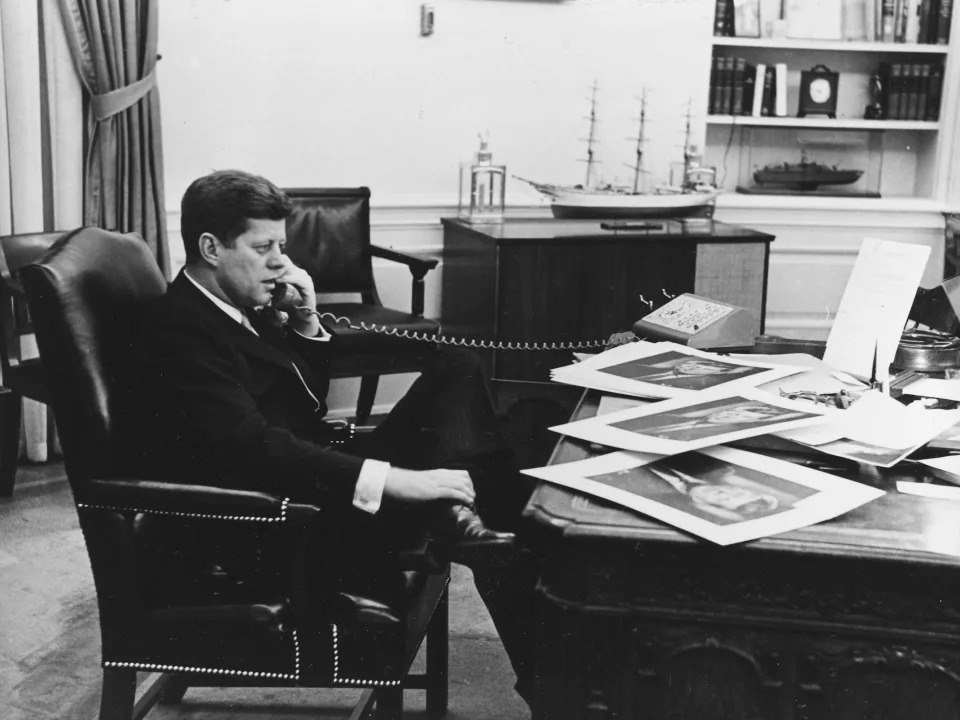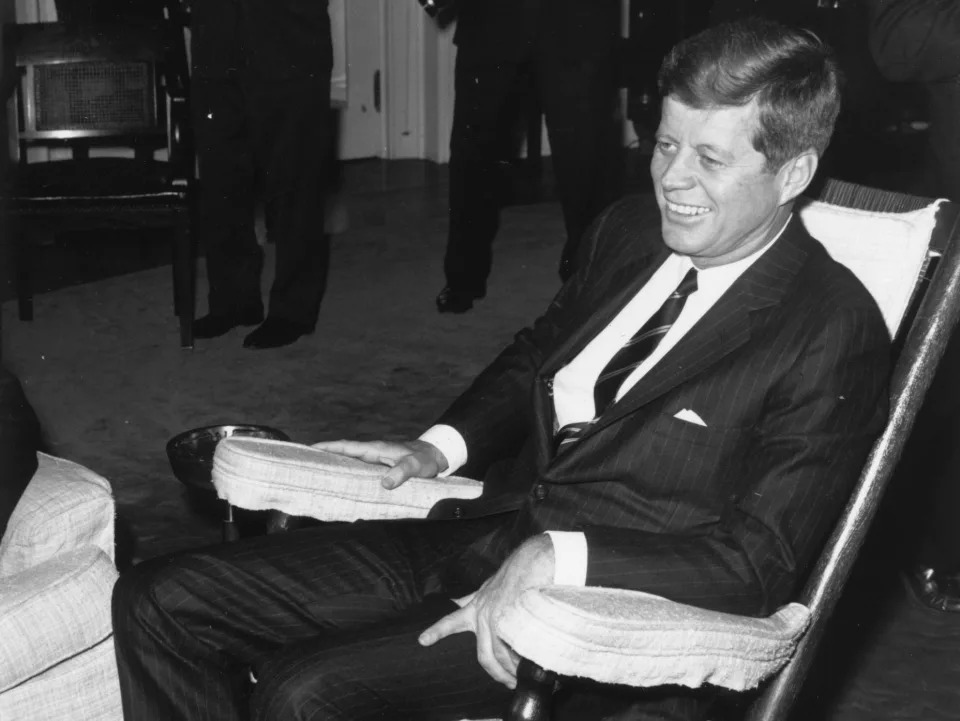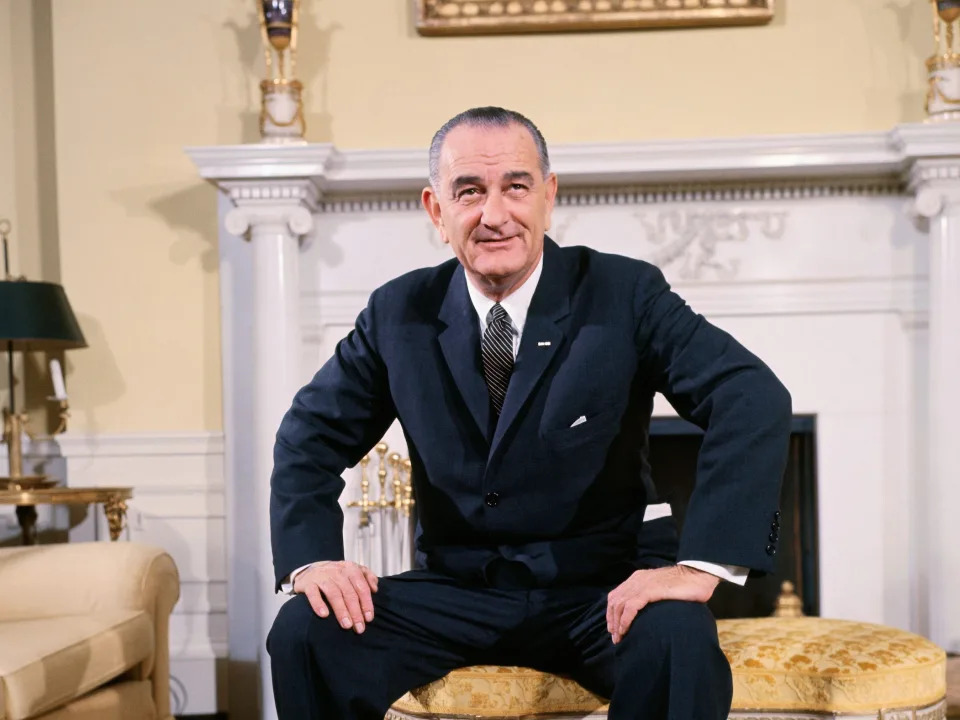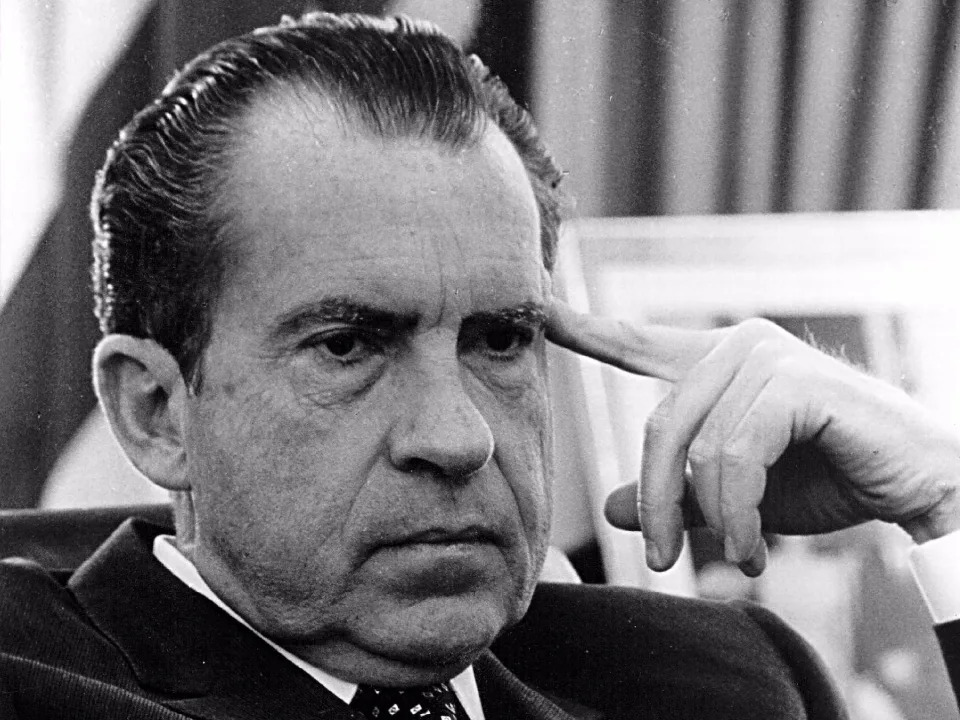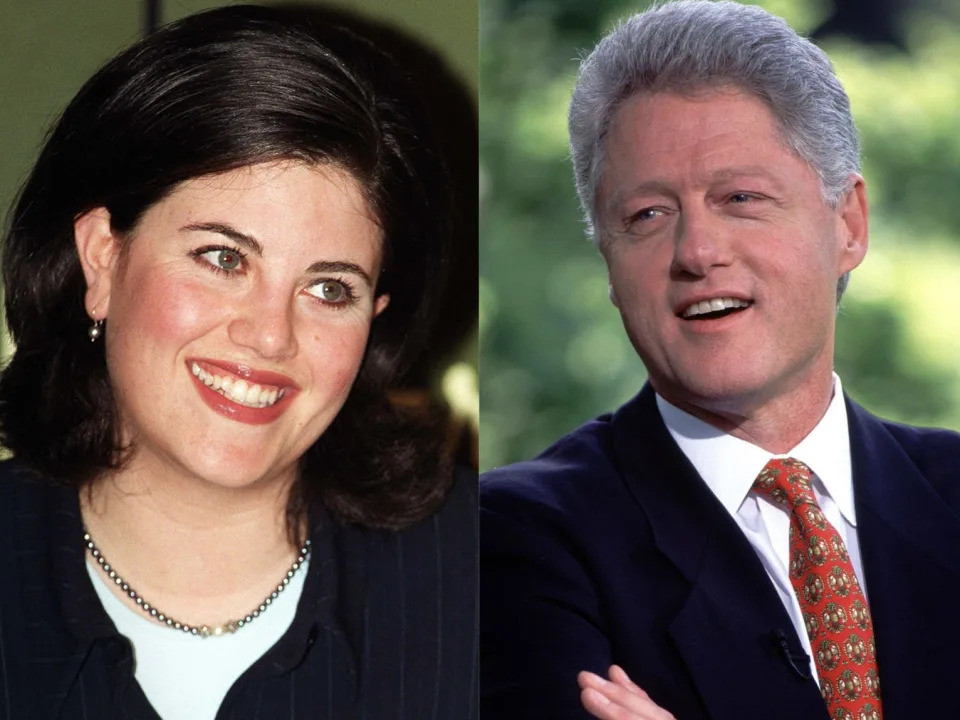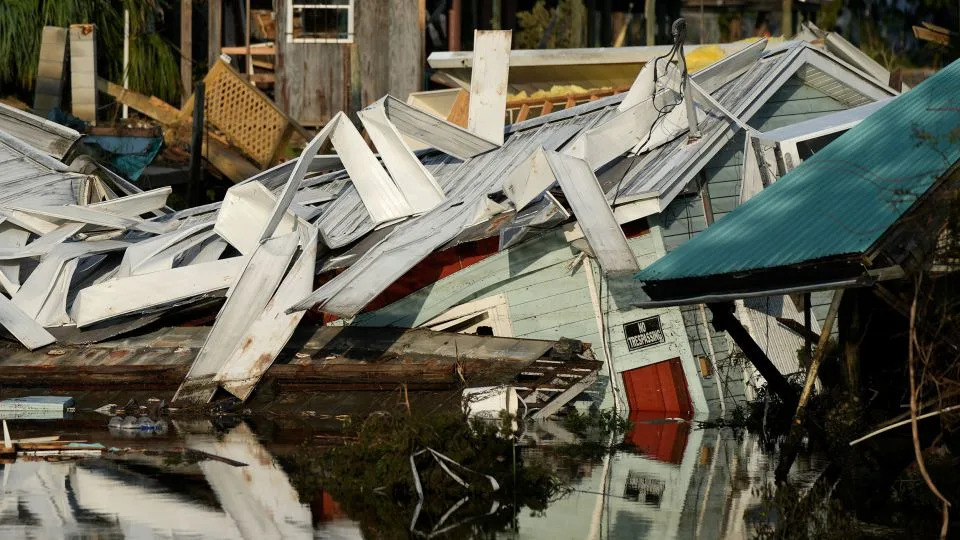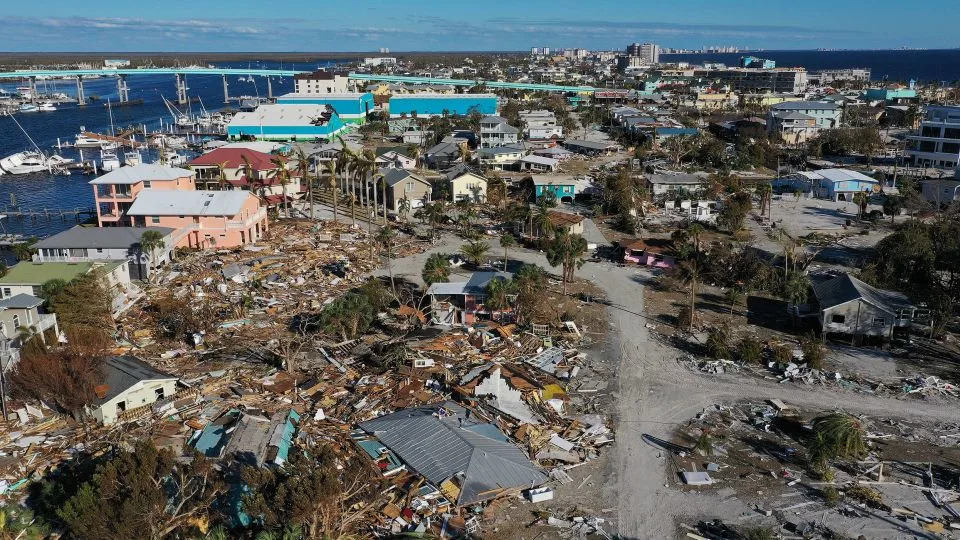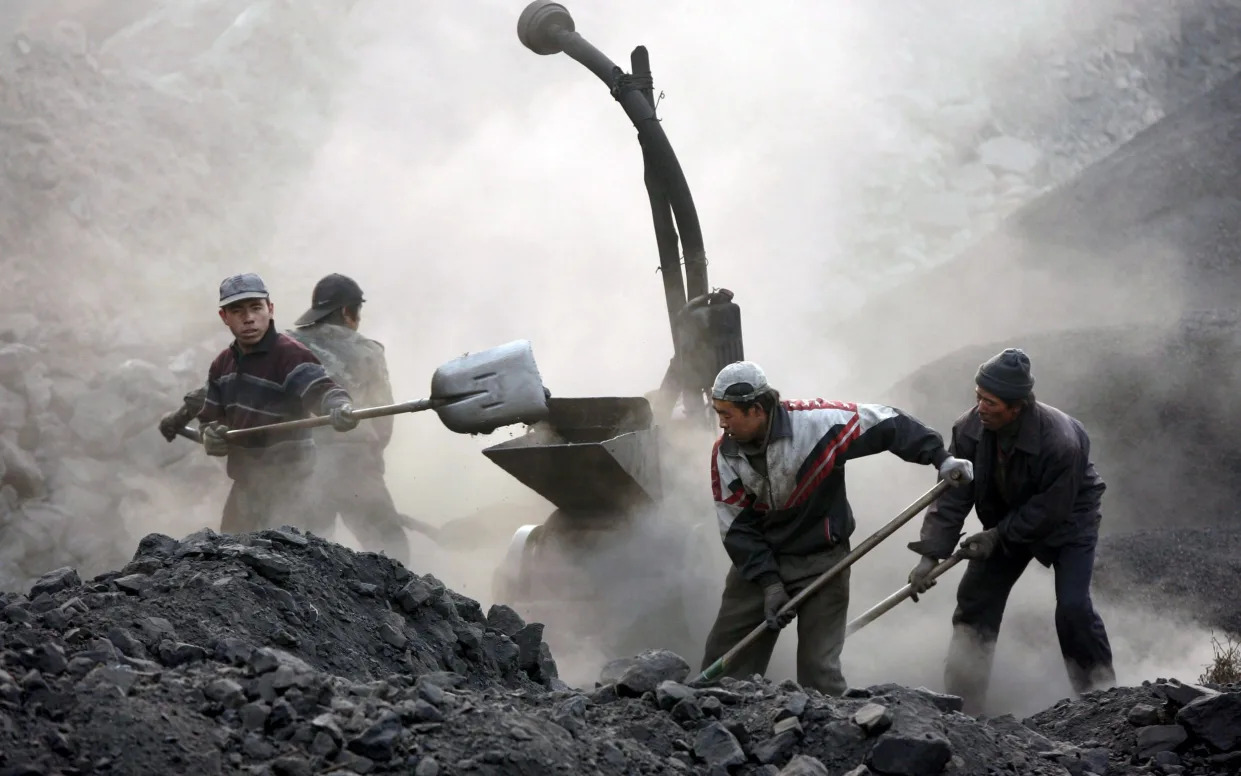The Guardian
Revelations of Clarence Thomas’s Koch links stoke supreme court reform calls
Martin Pengelly in Washington DC – September 22, 2023

A report detailing how Clarence Thomas secretly participated in donor events staged by the hard-right Koch network drew more fierce protests and outrage over the conservative supreme court justice’s proliferating ethics scandals.
Related: ‘You want to think America is better’: can the supreme court be saved?
Sheldon Whitehouse, a Rhode Island Democrat on the Senate judiciary committee who has advanced ethics reform amid reports about Thomas and other justices, said: “Oh, my.
“More undisclosed private jet travel, more fingerprints of the billionaire-funded court fixer Leonard Leo” – a rightwing activist widely linked to Thomas – “more engagement with billionaire-funded organisations scheming to influence the court.”
Dick Durbin, the Illinois Democrat who chairs the Senate judiciary committee, said: “Once again, Justice Thomas’s gaggle of fawning billionaires expands and their influence on the court grows larger.
“The Koch brothers are the architects of one of the largest, most successful political operations in history, aimed at influencing all levels of government and the courts. Justice Thomas hid the extent of his involvement with the Koch political network and never reported gifts associated with these engagements.”
Kyle Herrig, senior adviser to the campaign group Accountable.us, said: “It’s clear that Justice Thomas sees his position on our nation’s highest court as a way to upgrade his own lifestyle with no regard for ethics or consequences.”
The report linking Thomas to Koch donor summits at Bohemian Grove, an exclusive all-male resort in California, was just the latest blockbuster from ProPublica, the nonprofit newsroom that has hounded the justice over his failure to declare links to and generous gifts from rich rightwing donors often with business before the court.
Outlets including the New York Times and Politico have also reported on links between Thomas, his wife, the far-right activist Ginni Thomas, and influential activists and donors.
The new report said Thomas attended Koch events at least twice, putting him “in the extraordinary position of having served as a fundraising draw for a network that has brought cases before the supreme court, including one of the most closely watched of the upcoming term”.
That case, Loper Bright Enterprises v Raimondo, concerns the right of federal agencies to regulate businesses in areas including labor rights and environmental and consumer protection. Durbin said Thomas should step aside.
“The Koch network has invested tremendous capital to overturn longstanding legal precedent known as Chevron deference, which would handcuff regulators and serve the interests of corporate fat cats,” Durbin said.
“As more details are revealed of Justice Thomas’s undisclosed involvement with the Koch political network, there are serious questions about his impartiality in cases squarely confronting the Chevron doctrine. For these reasons, I’m calling on Justice Thomas to recuse himself from consideration of Loper Bright v Raimondo.”
A Koch spokesperson denied wrongdoing, saying: “The idea that attending a couple events to promote a book or give dinner remarks, as all the justices do, could somehow be undue influence just doesn’t hold water.”
Thomas did not comment. He has said he did not declare gifts from donors because he was advised he did not have to. Subsequent filings revealed more such links.
Supreme court justices are nominally subject to the same ethics rules as all federal judges.
On Friday, Richard Painter, a former White House ethics lawyer now a law professor at the University of Minnesota, said the new ProPublica report showed Thomas “violated: 1) financial disclosure laws, 2) laws prohibiting judges from participating in partisan fundraising (the Kochs have a super pac) and 3) recusal laws for judges. 28 U.S.C. 455. He simply does not understand or care about the law.”
In practice, however, the justices govern themselves. John Roberts, the chief justice, has rebuffed demands for testimony in Congress about reports of links with rightwing donors also involving Samuel Alito, another hard-right justice.
With Republicans opposed and holding the House, Democratic-led ethics reform stands next to no chance of success. Calls for Thomas to resign or be impeached have come from figures as influential as Alexandria Ocasio-Cortez, the progressive congresswoman from New York. But such calls also stand next to no chance. Only one supreme court justice has been impeached: Samuel Chase, unsuccessfully, in 1804-05. In 1969, Abe Fortas resigned, amid a scandal over his financial dealings.
Thomas is 75 but has no apparent reason to resign or retire. The senior conservative on the court, he is a key part of a 6-3 rightwing majority, years in the making by activists and Republicans in Congress, that has handed down epochal decisions including the removal of the right to abortion.
Related: ‘Warped history’: how the US supreme court justified gutting gay rights
Herrig, of Accountable.us, added: “As ethics violations by Thomas and others keep piling up, Chief Justice Roberts’s lack of action becomes more egregious. The chief justice must demand Justice Thomas recuse himself from upcoming cases with Koch network conflicts of interest. We need accountability and reform now.”
Media observers also reacted to the new ProPublica report.
Jane Mayer of the New Yorker, co-author of Strange Justice, a seminal book on Thomas’s controversial confirmation in 1991, asked: “Does justice go better with Koch?”
Dahlia Lithwick, who covers the supreme court for Slate magazine and hosts the Amicus podcast, wrote simply: “Pay. To. Play.”
David Rothkopf, a columnist and author of books including Traitor: A History of American Betrayal from Benedict Arnold to Donald Trump, asked: “Is Clarence Thomas the most corrupt supreme court justice in our history? One of the most corrupt senior officials in our history?
“There is no doubt any more.”

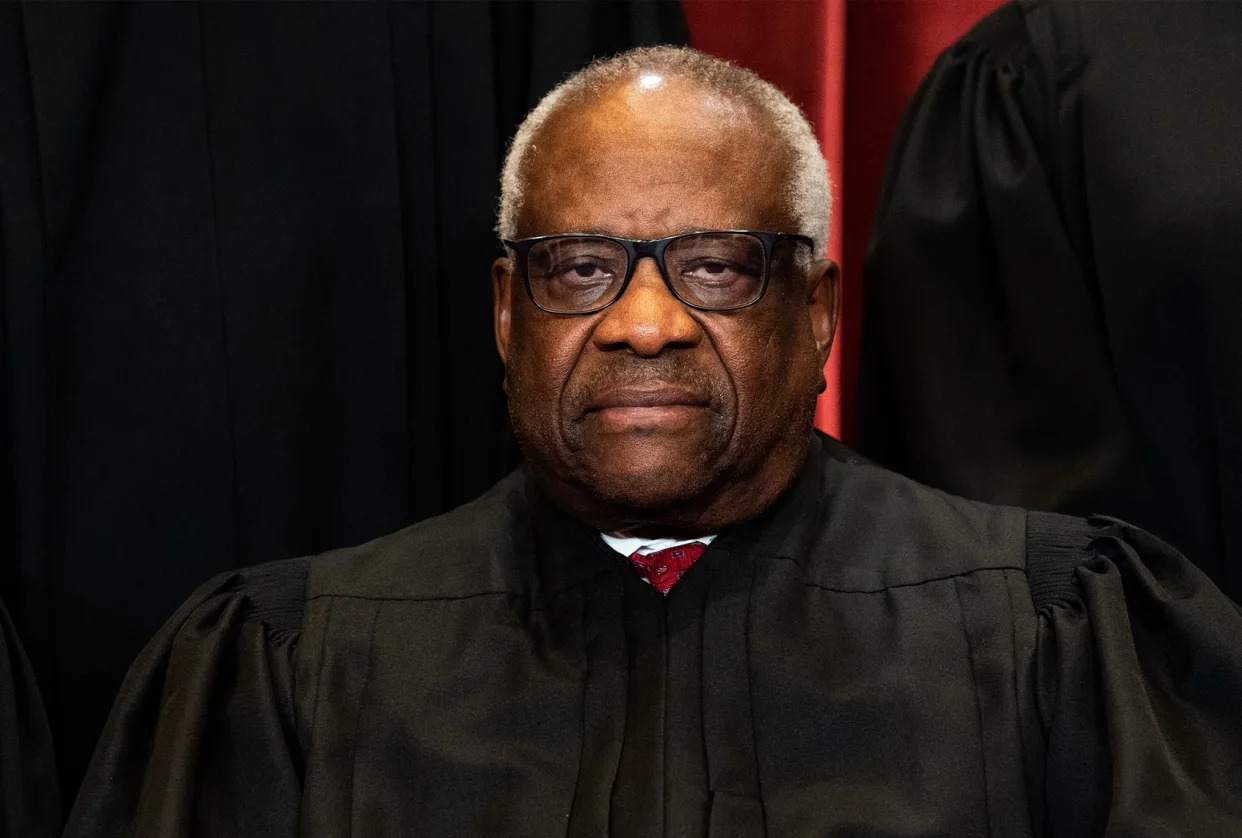

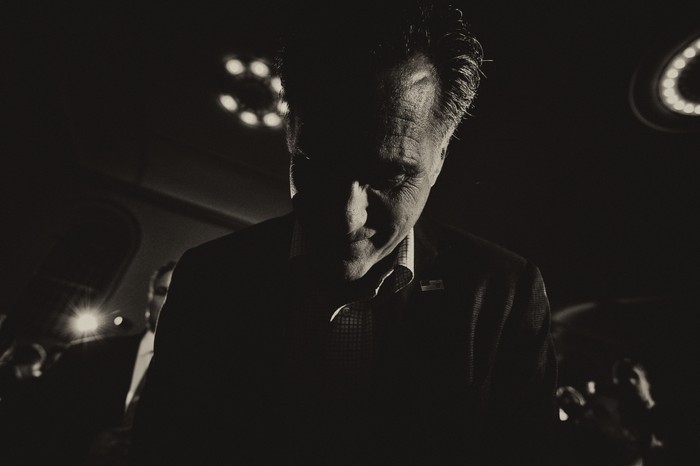 (Charles Ommanney / Getty)
(Charles Ommanney / Getty)
